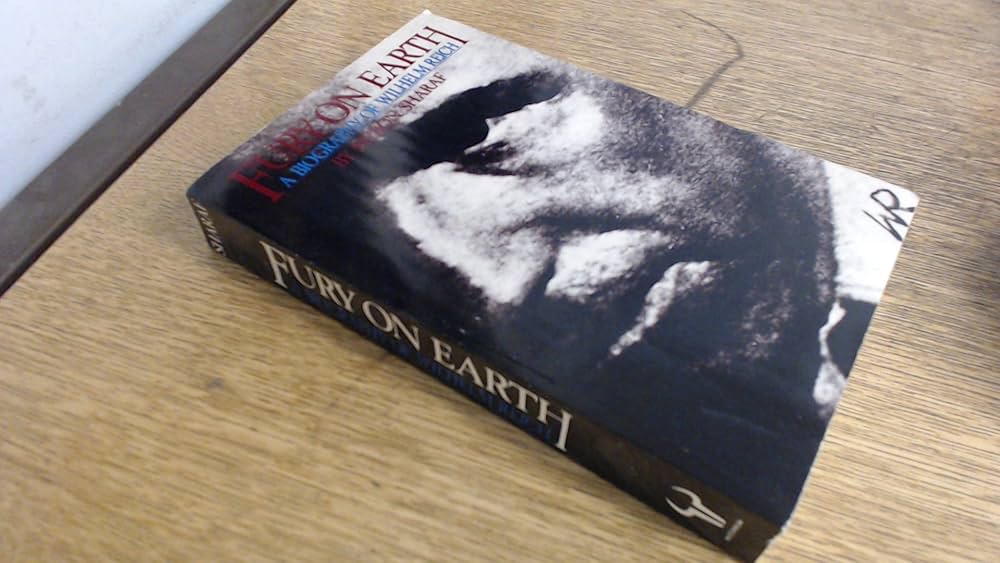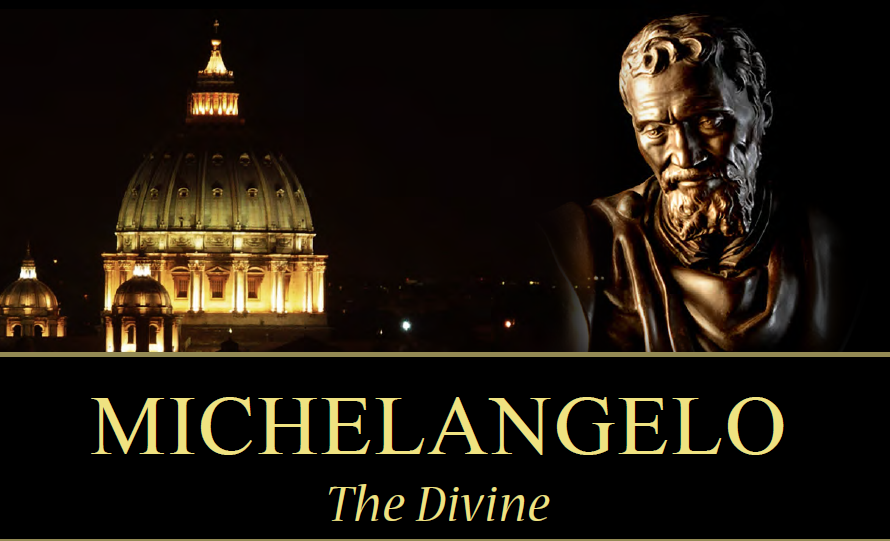Book Summary: Adorno: A Biography (By Detlev Claussen)
“Adorno: A Biography” is a detailed and powerful account of one of the most influential thinkers of the 20th century, Theodor W. Adorno. Written by Detlev Claussen, this book is more than just a life story — it is an exploration of ideas, history, and culture that shaped the mind of Adorno and, in turn, changed modern philosophy and social thought.
Claussen’s biography brings Adorno to life — not just as a scholar, but as a human being. It explores how his early passion for music, literature, and philosophy built the foundation of his intellectual journey. From his birth in Frankfurt, Germany, to his later life in exile and return, the book presents a vivid picture of a man deeply affected by the world around him.
Early Life and Education
Adorno was born in 1903 in Frankfurt to a musically gifted family. His mother was a professional singer, and his father was a wine merchant. This mix of art and business shaped his dual interest in aesthetic beauty and social reality. From a young age, Adorno was curious about how culture influences people.
He studied philosophy, sociology, and music — especially influenced by Immanuel Kant, Hegel, and Karl Marx. His early friendship with philosopher Siegfried Kracauer also played a major role in his development.
Adorno’s Intellectual Growth
The book beautifully shows how Adorno’s early exposure to classical music and European philosophy developed his critical eye. He believed that art and philosophy could reveal the truth about modern society.
Adorno became associated with the Frankfurt School of Critical Theory, a group of thinkers including Max Horkheimer, Herbert Marcuse, and Erich Fromm. They studied how capitalism, culture, and power affect human freedom and consciousness.
The Frankfurt School was famous for analyzing how mass media and consumer culture control human thinking. Adorno’s sharp writings against mass culture and popular entertainment are still influential today. He argued that movies, pop songs, and advertisements are not just entertainment — they are tools that shape our desires and make us conform.
Exile and Life in America
With the rise of Nazism in Germany during the 1930s, Adorno had to leave his homeland because of his Jewish background. This part of his life was full of struggle and emotional conflict. Claussen captures his pain and displacement very sensitively.
In America, Adorno worked with the Institute for Social Research and became involved in studies on authoritarian personality and mass psychology. These works helped him understand how ordinary people could support fascism and violence.
He also collaborated with Thomas Mann, the famous novelist, on Doctor Faustus, helping Mann understand the darker sides of music and culture.
Return to Germany
After World War II, Adorno returned to Frankfurt, where he became a leading professor and philosopher. His lectures and writings influenced a whole generation of students.
Books like “Dialectic of Enlightenment” (with Max Horkheimer), “Minima Moralia,” and “Negative Dialectics” made him one of the most respected thinkers of modern times. He believed that modern society, despite its progress, had become more mechanical and less humane.
Adorno argued that true freedom can come only when people start to think critically, not just follow the crowd. His famous idea — “The culture industry” — warned that mass-produced entertainment weakens human creativity.
Philosophy and Music
Claussen gives special attention to Adorno’s love for music. Adorno was not only a philosopher but also a trained musician and composer. He saw music as a form of truth. He admired Beethoven, Mahler, and Schoenberg, whose works he felt expressed deep human emotions and social realities.
For Adorno, music was not just sound — it was a reflection of human suffering, beauty, and hope. This belief guided his lifelong study of aesthetics.
Controversy and Criticism
Adorno’s strict criticism of mass culture and popular art made him a controversial figure. Some accused him of being elitist, saying he rejected the culture of common people. But Claussen explains that Adorno’s aim was not to insult popular culture — he wanted people to understand how economic systems use culture to control minds.
Even during the student protests of the 1960s, when many young activists challenged authority, Adorno remained true to his principles. He believed that emotional rebellion must also have intellectual depth — otherwise, it becomes another form of control.
Legacy and Influence
Adorno’s death in 1969 left a deep void in the world of philosophy. Yet, his ideas continue to inspire sociologists, artists, philosophers, and musicians around the world. Claussen’s biography reminds readers that Adorno’s message is not just for academics — it’s for anyone who wants to understand how society shapes our thinking.
His teachings about freedom, individuality, and art are even more relevant today in an age ruled by digital media and consumerism. The book leaves a lasting impact, showing how Adorno’s lifelong search for truth and justice made him one of the most important minds of the modern age.
Conclusion
“Adorno: A Biography” by Detlev Claussen is a deeply human and intellectual portrait of a man who lived for truth, art, and freedom. It tells us that philosophy is not just about books or classrooms — it’s about how we live, think, and question the world around us.
For Indian readers who want to understand European thought and the roots of critical thinking, this biography is a must-read. It’s not just the story of a philosopher — it’s the story of how ideas can survive wars, exile, and time itself.










